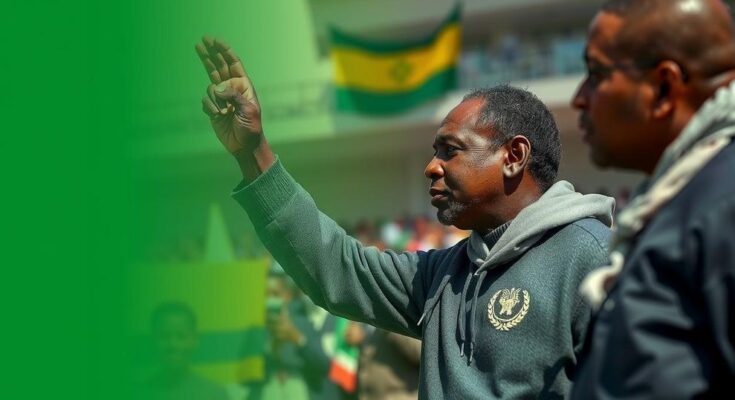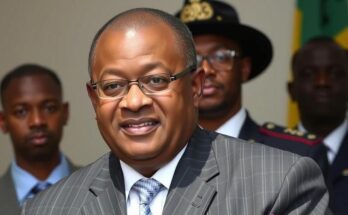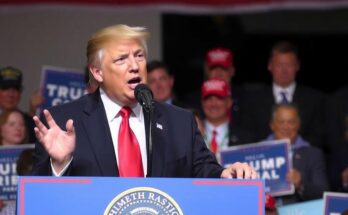Senegal’s snap legislative elections on November 17, 2023, represent a significant affirmation of the country’s democratic resilience following previous unrest. President Bassirou Diomaye Faye’s election and high voter turnout of 61.3% reflect a commitment to constitutional governance. Although challenges remain, such as corruption and weak governance, the peaceful electoral process signals a promising future for Senegal’s democracy.
Senegal recently held a snap legislative election on November 17, 2023, called unexpectedly by President Bassirou Diomaye Faye, who assumed office earlier in April following a tumultuous period marked by protests against former President Macky Sall’s attempt to extend his term. These elections represent a pivotal moment for Senegal, underscoring the resilience of its democratic institutions amid significant political challenges, including widespread public unrest. The peaceful holding of these elections and the high voter turnout of 61.3% showcased Senegal’s commitment to constitutional governance. The transition from Sall to Faye indicates a successful political shift characterized by high voter participation and the acknowledgment of democratic processes by the electorate. With Faye’s election, various opposition leaders, including former President Sall, have acknowledged defeat and extended their congratulations, thereby reinforcing a collective commitment to the democratic framework. Such acceptance by former leadership significantly contributes to political stability and illustrates an adherence to the principle of governance through elections rather than violence. Despite Senegal’s commendable democratic progress, the country still faces substantial challenges, including corruption, weak governance, and threats to democratic structures. Historically, clientelism and nepotism have undermined the integrity of public service and contributed to political and economic instability. The recent election, however, signals a potential shift as Faye has indicated a firm commitment to transparent governance and institutional reform, essential for bolstering public trust. In comparison to other African nations grappling with democratic instability, Senegal’s ability to conduct elections peacefully and maintain power transitions underscores its focus on democratic integrity. Senegal’s leaders have emphasized the importance of utilizing the electoral process as a mechanism for change, contrasting sharply with the governance of countries like Equatorial Guinea or Cameroon, where democratic practices are under considerable threat. To ensure the continuation of Senegal’s strong democratic framework, it is crucial that the government respects term limits, promotes citizen political engagement, and avoids unconstitutional reforms. Continuous efforts toward inclusive governance, judicial independence, and electoral integrity will fortify Senegal’s democracy, aligning with best practices seen in other successful democratic nations like Ghana and Botswana. These global standards can serve as a roadmap for Senegal as it navigates the complexities of governance and citizen participation.
The article discusses the recent legislative elections in Senegal, highlighting their significance as a vital component of the country’s democratic process. Following political unrest due to former President Macky Sall’s decision to postpone elections, the transition to President Bassirou Diomaye Faye represents a renewed commitment to constitutional governance. The article emphasizes the implications of voter participation, the acknowledgment of election results by former incumbents, and the challenges that Senegal faces regarding corruption and governance.
Senegal’s recent elections not only demonstrate the strength of its democratic institutions but also underscore the necessity for ongoing vigilance to maintain integrity within its political system. The peaceful transition of power, coupled with robust voter participation, highlights the populace’s commitment to democratic principles. Nevertheless, addressing issues like corruption and governance will be crucial for sustaining this momentum and fostering a politically stable environment.
Original Source: theconversation.com




